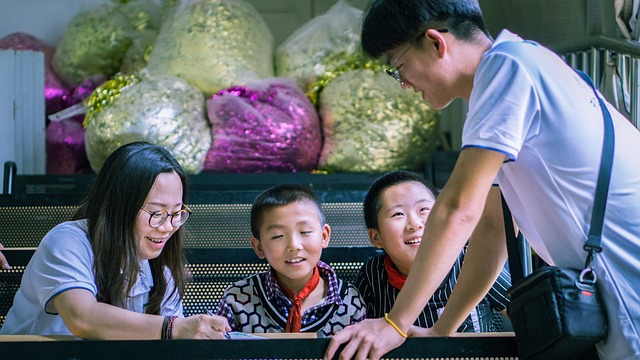In the face of escalating climate change and increasing extreme weather events, communities worldwide are stepping up to create innovative and effective solutions. These community initiatives not only address immediate challenges but also lay the groundwork for a more resilient future.
As climate change continues to manifest through wildfires, floods, hurricanes, and heatwaves, the need for adaptive strategies becomes increasingly urgent. Community initiatives form the backbone of this adaptive response, allowing residents to come together, share resources, and implement localized solutions tailored to their unique environments.
One shining example of effective community initiatives can be found in urban areas dealing with flooding. Communities are adopting green infrastructure techniques, such as creating rain gardens and permeable pavements, to absorb excess rainwater and reduce runoff. These projects, driven by local stakeholders, not only alleviate flooding but also enhance the urban ecosystem, providing habitats for wildlife and improving community aesthetics.
In areas plagued by wildfires, residents are organizing neighborhood preparedness workshops and fire-safe programs. By collaborating to create defensible spaces around homes, clearing flammable vegetation, and developing escape routes, community members are taking proactive measures to protect their homes and families. Such initiatives foster a sense of solidarity and empower residents to take charge of their safety and well-being in the face of unpredictable weather patterns.
Rural communities, too, are embracing climate-resilient initiatives. Farmers and local leaders are developing community-supported agriculture (CSA) programs that encourage sustainable farming practices and direct connections between producers and consumers. These programs not only reduce the carbon footprint associated with transporting food but also enhance food security, ensuring that local residents have access to fresh, nutritious produce even during climatic disruptions.
Education plays a crucial role in empowering communities to combat climate change. Initiatives that focus on raising awareness about the impacts of extreme weather foster a culture of preparedness. Local workshops, informational campaigns, and youth programs engage citizens in conversations about sustainable practices and encourage them to advocate for policies that support climate resilience.
Moreover, these community initiatives help bridge gaps in resources and support systems. By working together, communities can identify shared vulnerabilities and collaboratively seek funding or technical assistance to implement their projects. Networks of support are created, driving home the message that resilience is built through collective action.
However, the challenge remains to ensure that these initiatives are inclusive, welcoming diverse voices and perspectives. Engaging marginalized communities, who are often disproportionately affected by climate change, is essential in developing comprehensive strategies that address the needs of all residents. Empowering these communities not only enriches the planning process but also leads to more effective and equitable solutions.
In a world increasingly marked by climate challenges, it’s clear that communities hold the key to resilience. Through collaboration, innovation, and commitment, these community initiatives are not just responding to extreme weather but are shaping a sustainable future. Together, they are redefining what it means to be prepared, fostering connections that empower individuals to take action against the uncertainties of a changing climate.




